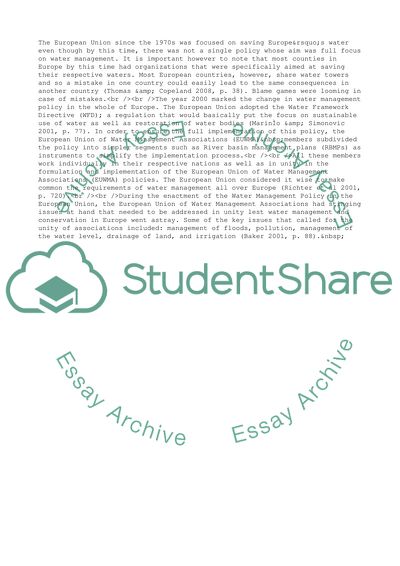Cite this document
(Water Management in the European Union Coursework Example | Topics and Well Written Essays - 1500 words - 2, n.d.)
Water Management in the European Union Coursework Example | Topics and Well Written Essays - 1500 words - 2. https://studentshare.org/management/1841386-governance-for-environmental-sustainability
Water Management in the European Union Coursework Example | Topics and Well Written Essays - 1500 words - 2. https://studentshare.org/management/1841386-governance-for-environmental-sustainability
(Water Management in the European Union Coursework Example | Topics and Well Written Essays - 1500 Words - 2)
Water Management in the European Union Coursework Example | Topics and Well Written Essays - 1500 Words - 2. https://studentshare.org/management/1841386-governance-for-environmental-sustainability.
Water Management in the European Union Coursework Example | Topics and Well Written Essays - 1500 Words - 2. https://studentshare.org/management/1841386-governance-for-environmental-sustainability.
“Water Management in the European Union Coursework Example | Topics and Well Written Essays - 1500 Words - 2”. https://studentshare.org/management/1841386-governance-for-environmental-sustainability.


